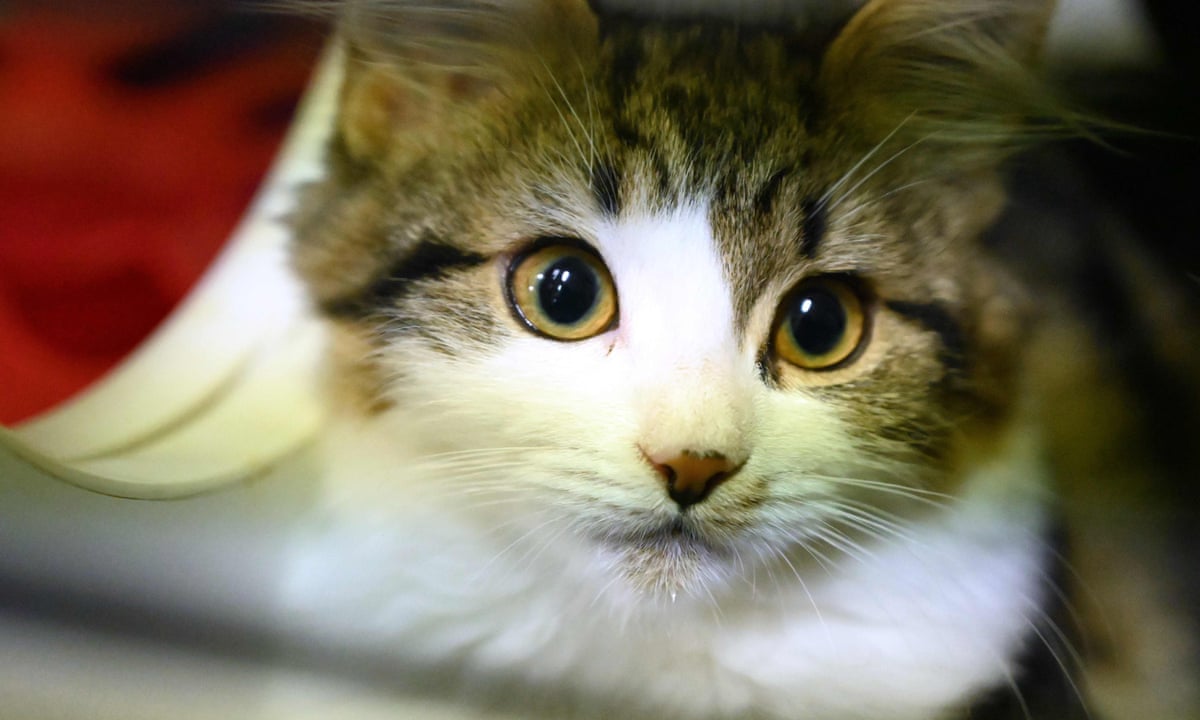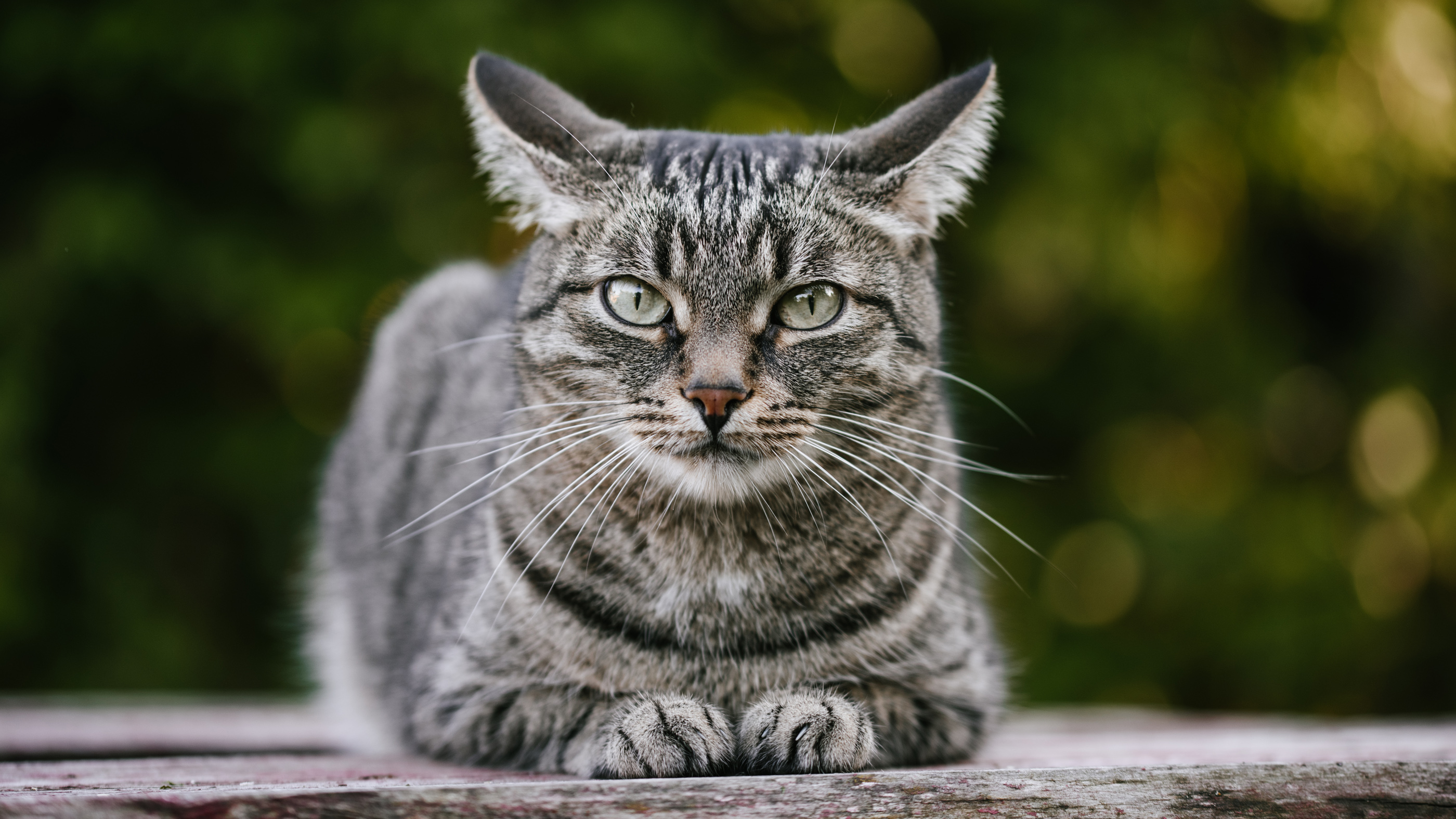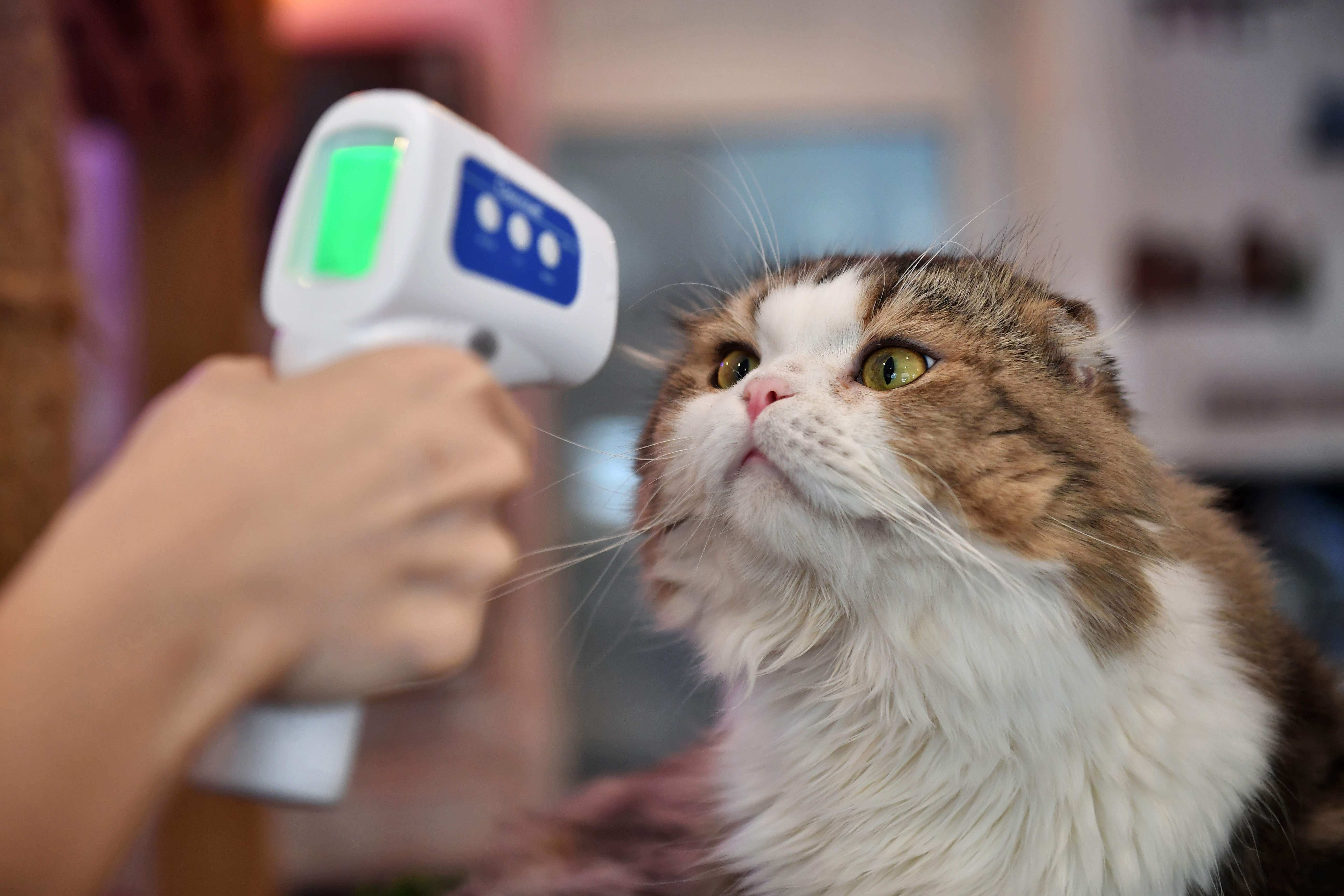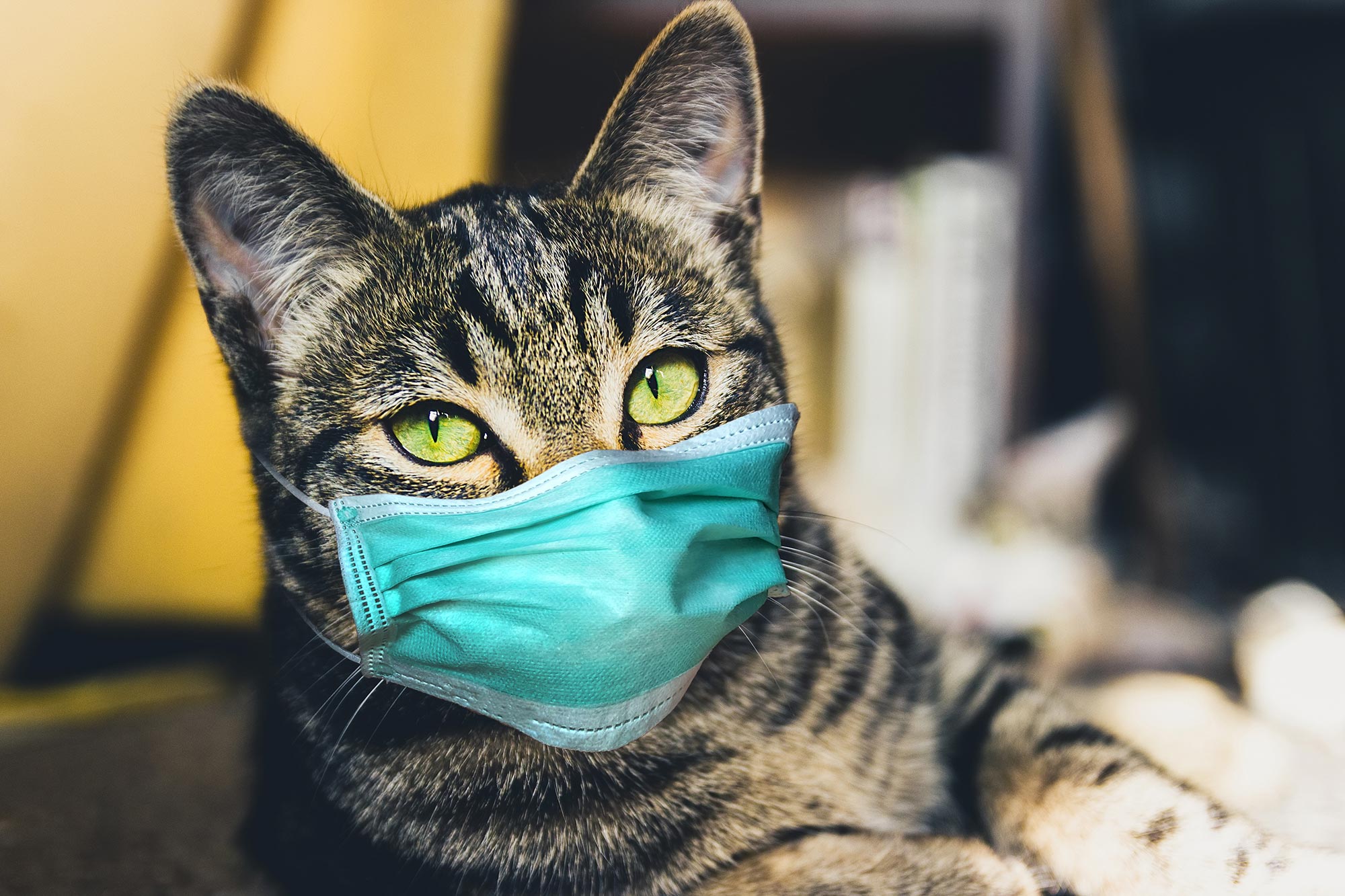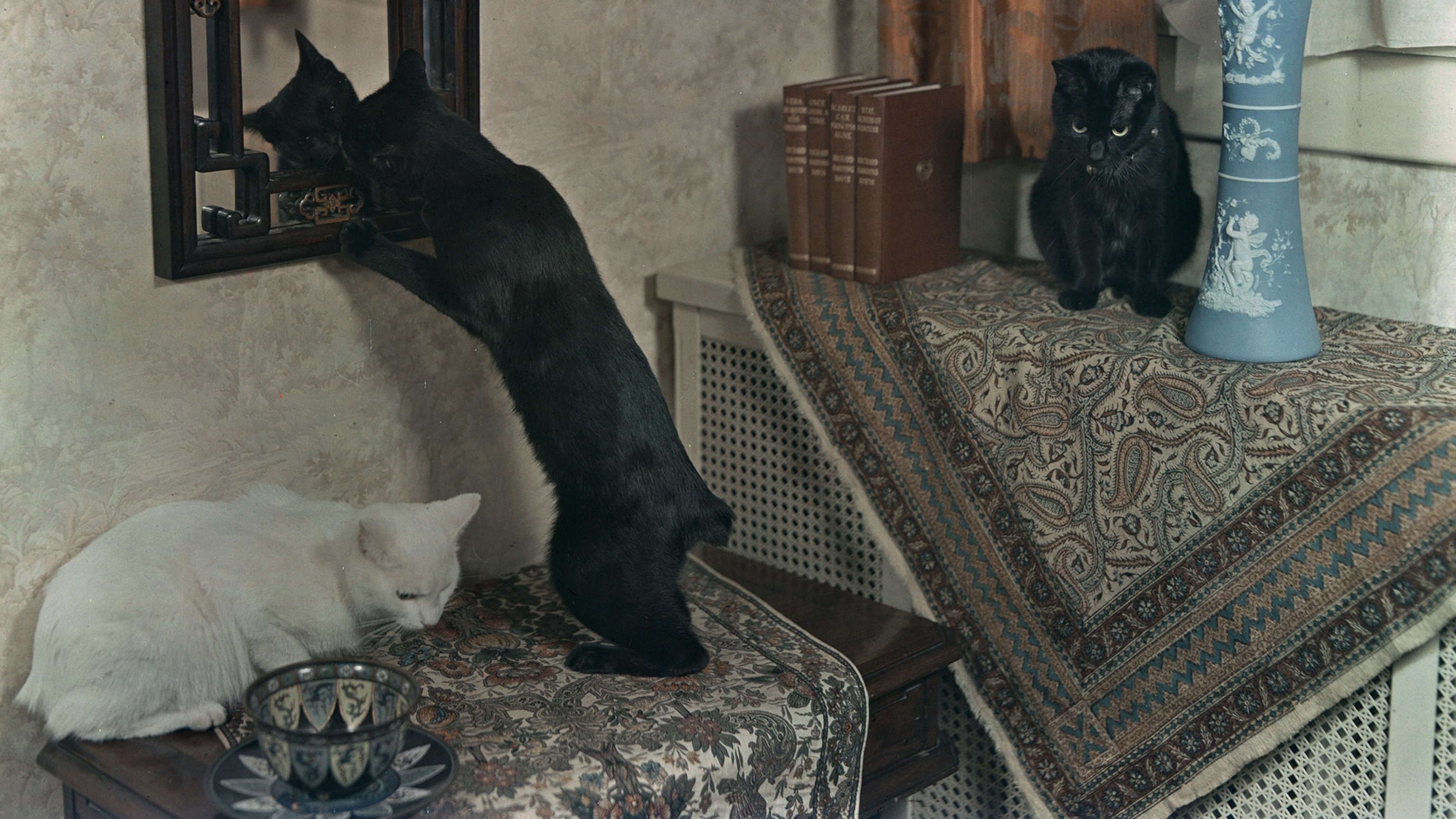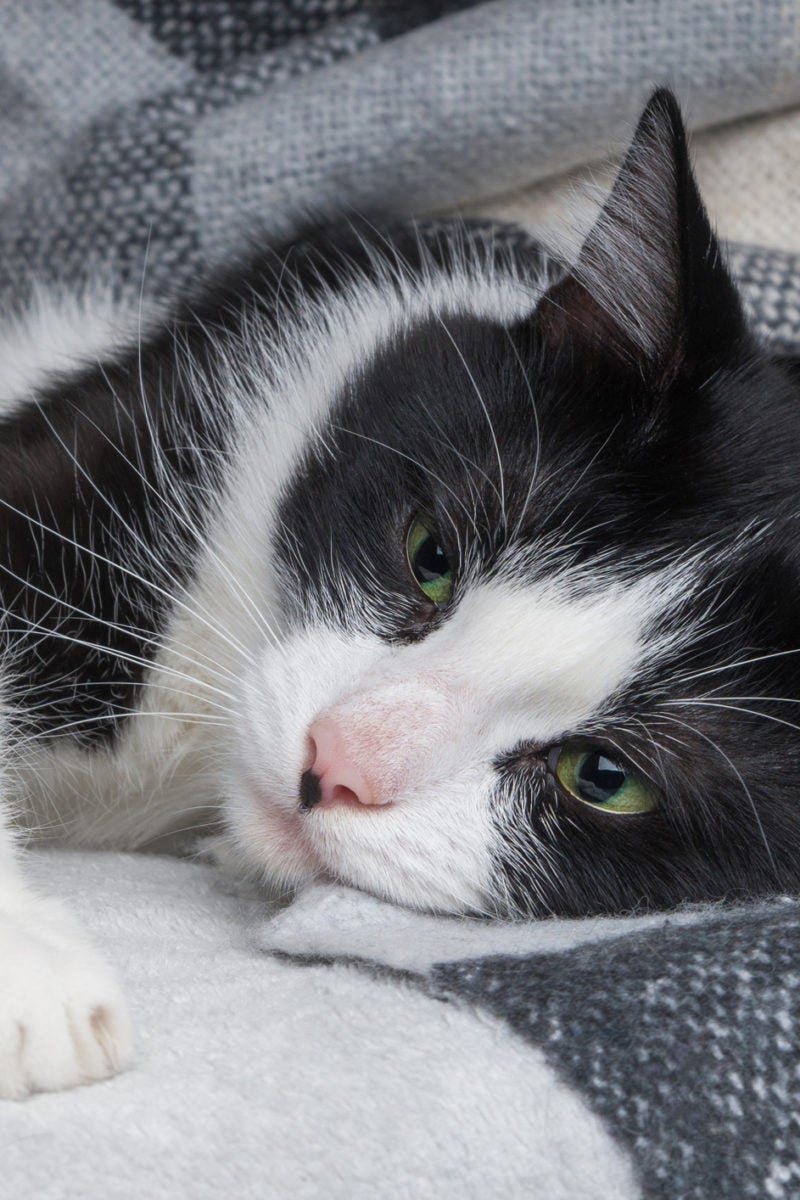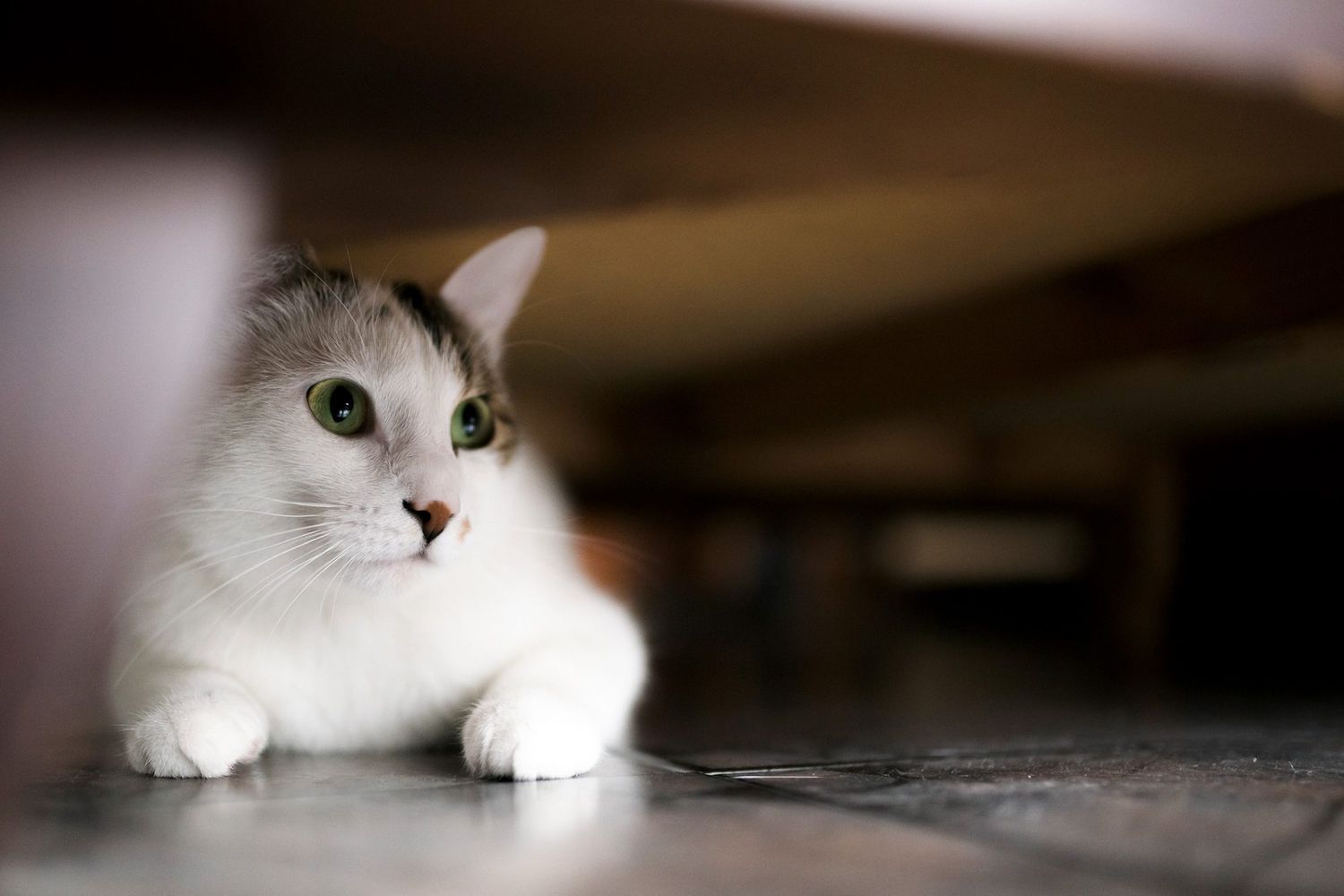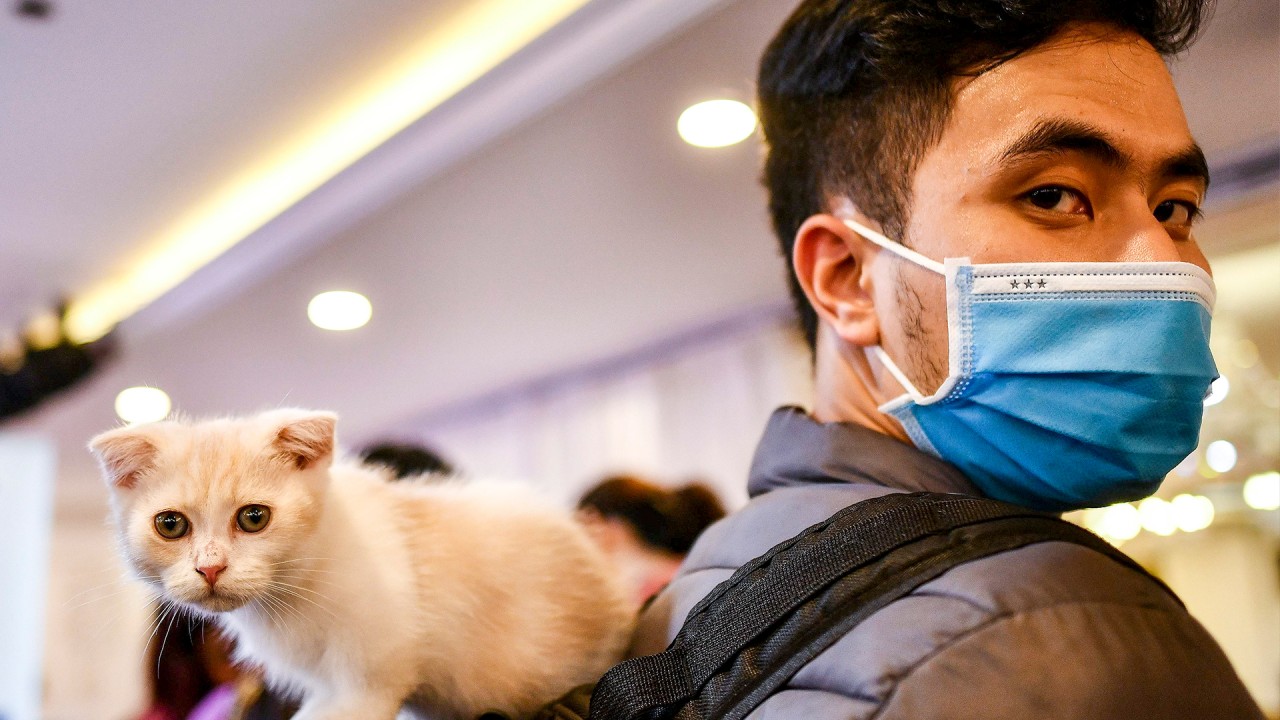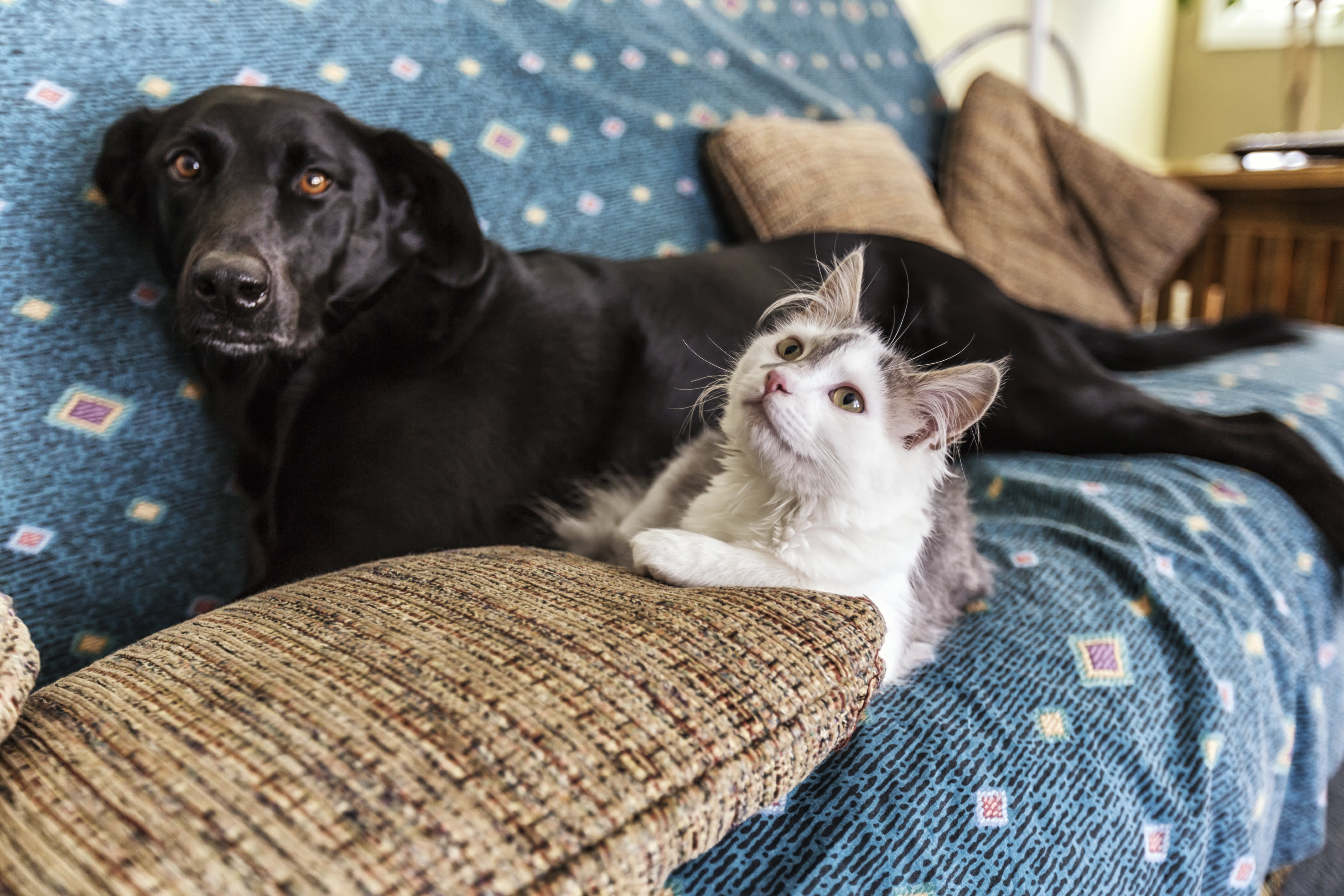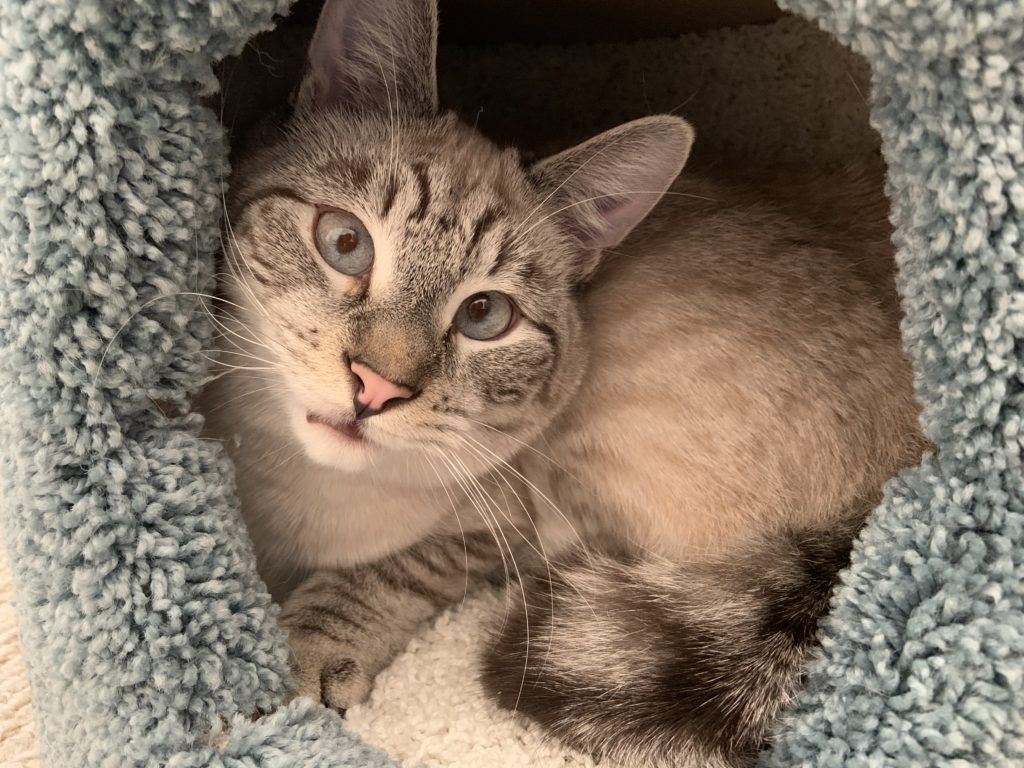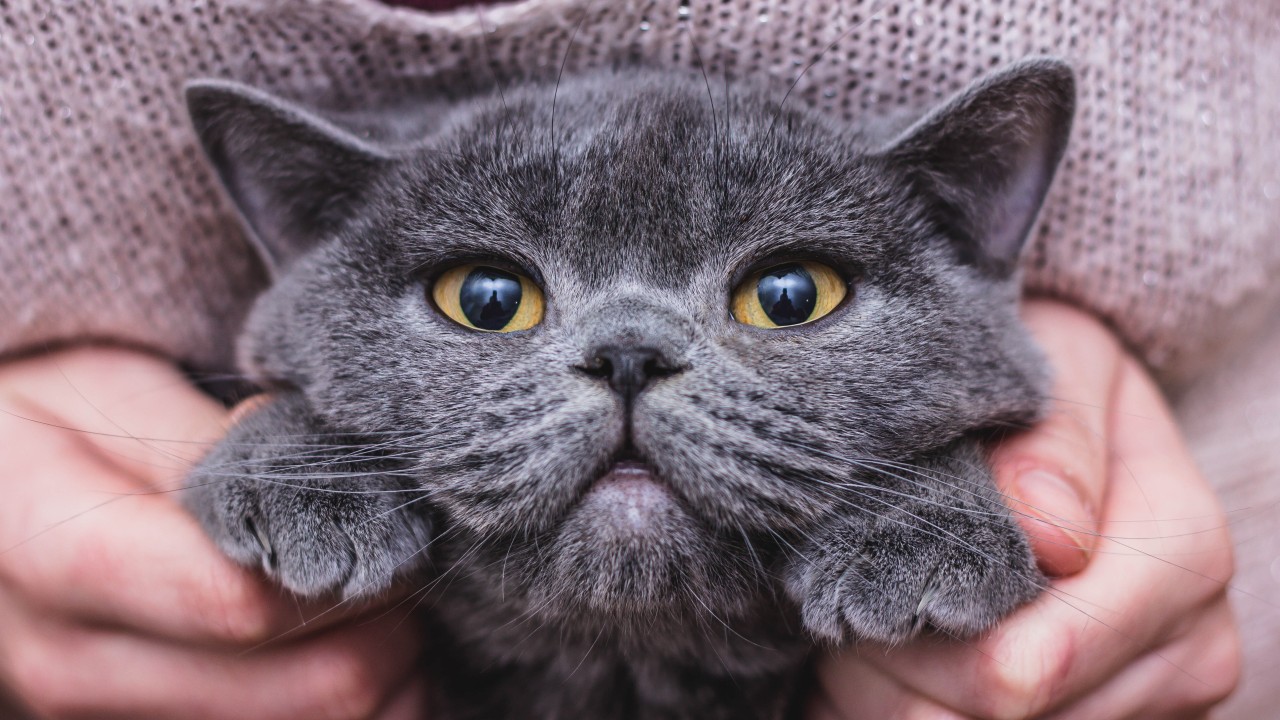Domestic Cat Coronavirus Symptoms
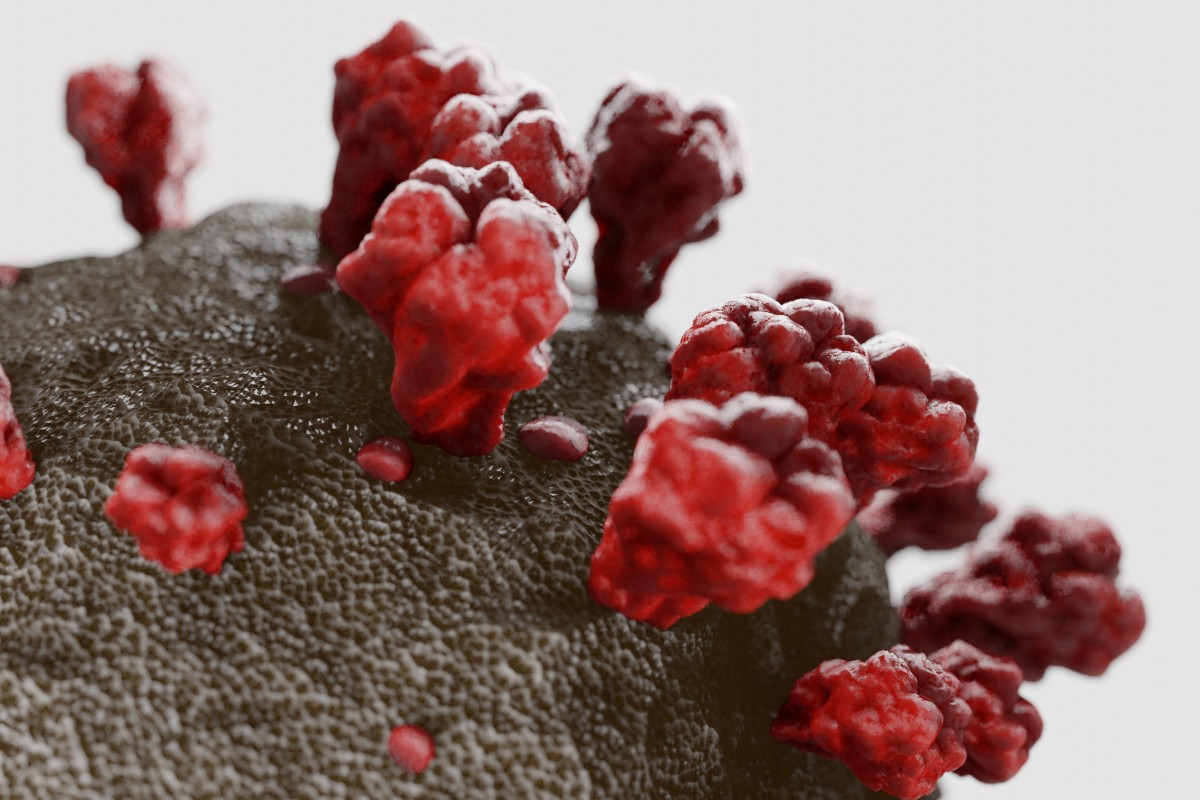
Two cases of human-to-cat transmission are identified as part of a screening programme of the UKs feline population.
Domestic cat coronavirus symptoms. Their 7-year old female domestic shorthair cat was examined by a veterinarian at admission on day 1 March 30 and reported to be clinically. This type of coronavirus is different from the coronavirus that causes COVID-19 in people. Although a cat was diagnosed with Covid-19 showing symptoms such as diarrhea vomiting and respiratory issues after being infected by its owner experts insist that this was a rare case.
Of the small number of dogs and cats confirmed to have the virus that causes COVID-19 some didnt show any signs of illness. Feline Coronavirus FCoV RT-PCR. Experts say its important to know that cases of pet cats acquiring coronavirus are very rare.
If possible keep your cat indoors if they are happy to be kept indoors. Each cat was then housed with another cat that was free of infection. What effect does COVID-19 have on cats.
Its symptoms were a respiratory infection with a nasal discharge and some shortness of breath There is no evidence that pets or other domestic animals directly transmit the virus to people. Within five days coronavirus was found in all three of the newly exposed animals. Cats appear to be at least mildly susceptible to COVID-19.
Feline coronavirus is very common and usually. The cat in Belgium however developed respiratory and gastrointestinal symptoms one week after its owner returned from Italy. The severity of disease caused SARS-CoV-2 infection in cats is unclear.
Cats can be infected with the coronavirus that causes COVID-19. Introduced samples of the SARS-CoV-2 virus into the noses of five domestic cats. Although the cat had been experiencing mild symptoms including runny eyes and a snotty nose these signs were consistent with feline herpesvirus infection for which this cat also tested positive.


